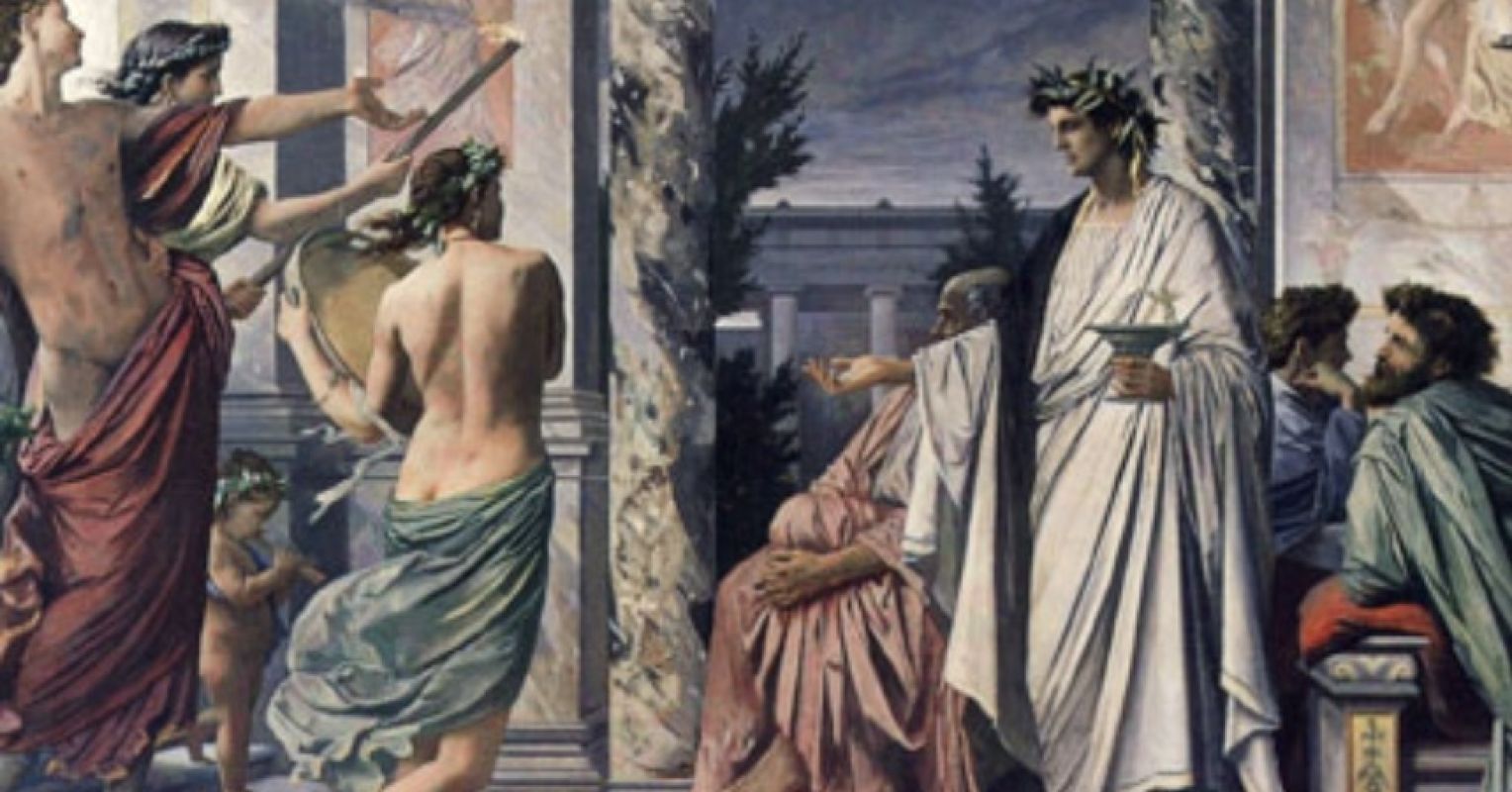
"Psychoanalytic thinkers have long been drawn to Plato's Symposium, interpreting Eros as a force linked to the libido rather than a poetic ideal of love."
"Plato's Symposium presents a poetic vision of the soul's deep longing to transcend its limitations, exploring themes of love and desire through various voices."
"The dialogue contrasts psychoanalytic interpretations with its own insights, revealing both parallels and divergences in understanding erotic desire and human connection."
"Set in Agathon's home, the Symposium unfolds in a celebration that transitions into a deeper inquiry about love, revealing the interplay between social ritual and philosophical reflection."
Eros in contemporary usage reflects psychoanalytic interpretations shaped by thinkers like Freud and Lacan, diverging from its original representation in Plato's Symposium. The dialogue, written almost 25 centuries ago, provides a poetic vision of the soul's yearning to transcend limitations. Set in Agathon's home, the Symposium transitions from celebration to a deeper exploration of love. It contains multiple voices and insights, highlighting contrasts with psychoanalytic theories of desire. There remains potential for further implications for psychoanalysis to emerge from this ancient text.
Read at Psychology Today
Unable to calculate read time
Collection
[
|
...
]